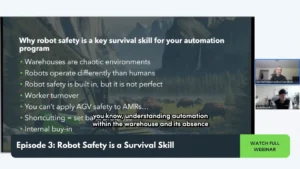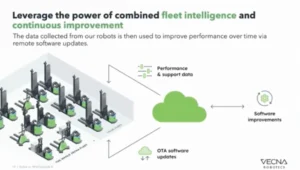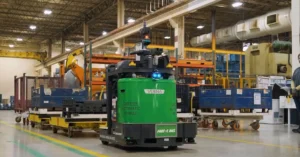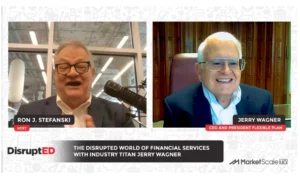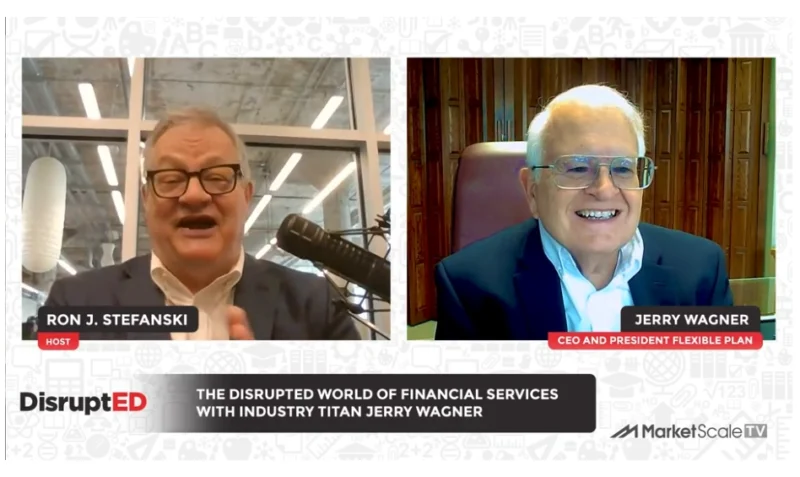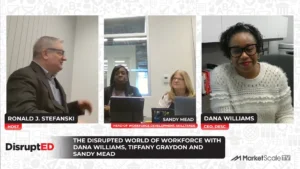How 1099 Workers Fit into a Platform Economy: Can FinTech Help Today’s Gig Worker?
“Gig economy” – it’s a buzzword that’s been in the mouths of many an analyst over the last several years, with the ways we work and pay employees shifting in response to an evolving landscape.
To explore some intricacies of gig work, particularly as it relates to the 1099 payroll infrastructure, Voice of B2B Daniel Litwin invited on Professor Erin Hatton, PhD, of the University of Buffalo.
Hatton has conducted research centered on the sociology of work, intersecting issues of race and gender, social inequality, culture, labor, law, and social policy. She’s also the author of books such as The Temp Economy & Coerced: Work Under Threat of Punishment.
With fintech solutions attempting to solve some of the natural disparities that have cropped up in the wake of the gig economy’s growth, Litwin and Hatton dove into the differences between the modern approach to gig employment and traditional freelance or contractor work, if the 1099 structure is still adequate, and more.
In particular, a new solution from Gig Wage, which just received some major capital investment, has cropped up. Its goal is to give 1099 workers a more seamless experience through banking and touchless payment solutions. Could solutions like these make the gig economy more sustainable and equitable?
Follow us on social media for the latest updates in B2B!
Twitter – @MarketScale
Facebook – facebook.com/marketscale
LinkedIn – linkedin.com/company/marketscale


